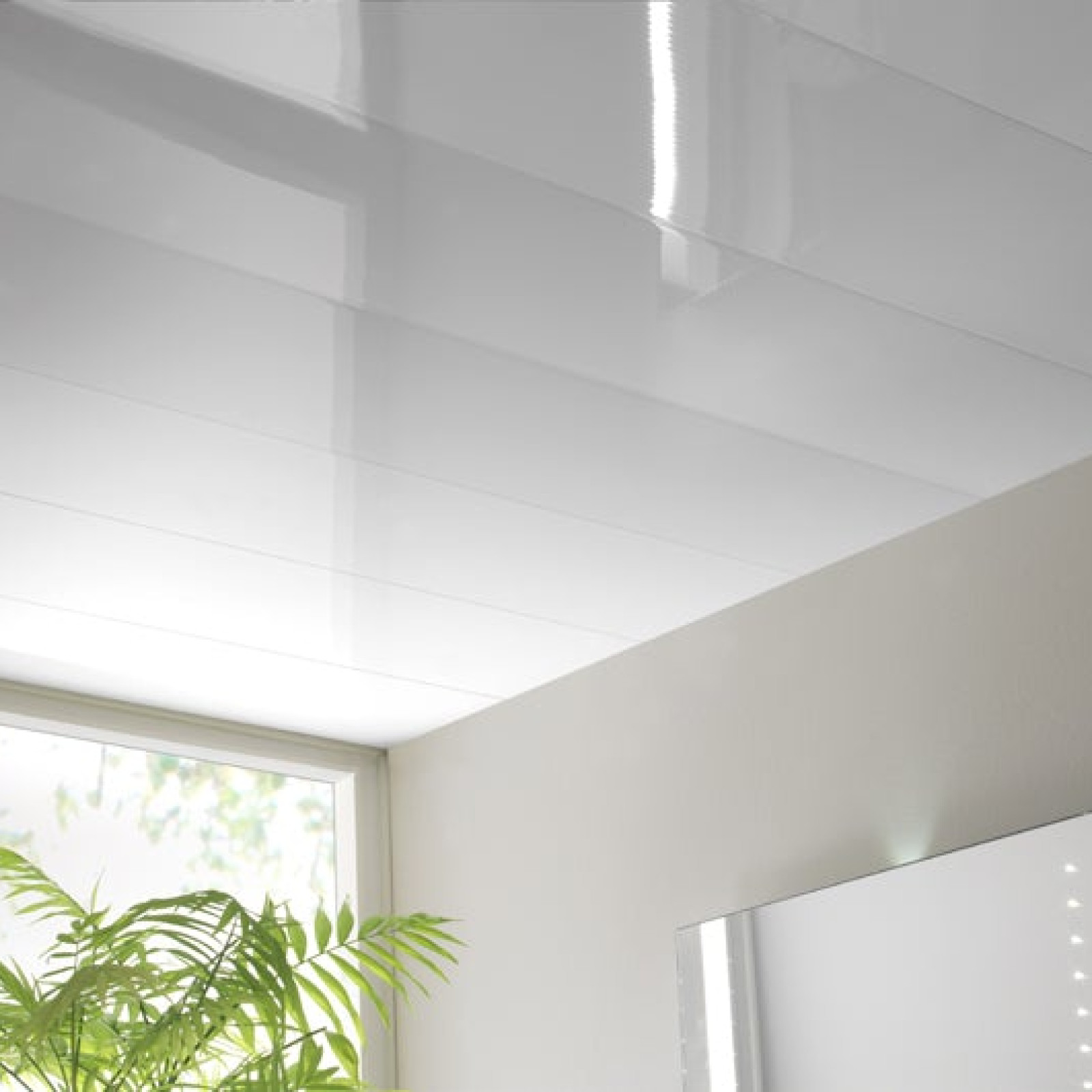In the realm of construction materials, PVC (Polyvinyl Chloride) and uPVC (Unplasticized Polyvinyl Chloride) have emerged as two prominent contenders. Both materials possess unique characteristics that make them highly sought after in various applications. In this article, we will delve into the strengths of PVC and uPVC, comparing their properties, durability, and environmental impact, to determine which material reigns supreme.
- Understanding PVC:
PVC, a versatile thermoplastic, has been widely used in construction for decades. Its exceptional strength, durability, and cost-effectiveness have made it a popular choice for various applications, including pipes, window frames, and flooring. PVC is known for its flexibility, chemical resistance, and excellent insulation properties. However, it is important to note that PVC contains plasticizers, which can make it susceptible to degradation over time. - Unveiling the Power of uPVC:
On the other hand, uPVC, also known as rigid PVC, is a modified form of PVC that does not contain plasticizers. This absence of plasticizers makes uPVC more rigid, durable, and resistant to environmental factors such as sunlight, heat, and chemicals. uPVC is commonly used in window frames, doors, and other exterior applications due to its exceptional weather resistance and low maintenance requirements. Its inherent strength and stability make it an ideal choice for long-lasting structures. - Strength Comparison:
When it comes to strength, both PVC and uPVC have their advantages. PVC's flexibility allows it to withstand bending and impact, making it suitable for applications where some degree of flexibility is required. On the other hand, uPVC's rigidity provides enhanced structural integrity, making it ideal for load-bearing applications. The choice between PVC and uPVC ultimately depends on the specific requirements of the project. - Durability and Environmental Impact:
In terms of durability, uPVC outshines PVC due to its resistance to degradation caused by UV radiation, moisture, and chemicals. uPVC windows and doors, for example, have a longer lifespan compared to their PVC counterparts. Additionally, uPVC is considered more environmentally friendly as it does not contain plasticizers, which can be harmful to the environment. Its recyclability and low maintenance requirements further contribute to its eco-friendly profile.
Conclusion:
In the battle of PVC vs uPVC, both materials exhibit remarkable strengths that cater to different construction needs. PVC's flexibility and cost-effectiveness make it a versatile choice, while uPVC's rigidity and durability make it a reliable option for long-lasting structures. Understanding the specific requirements of the project and considering factors such as load-bearing capacity, weather resistance, and environmental impact are crucial in making an informed decision.

